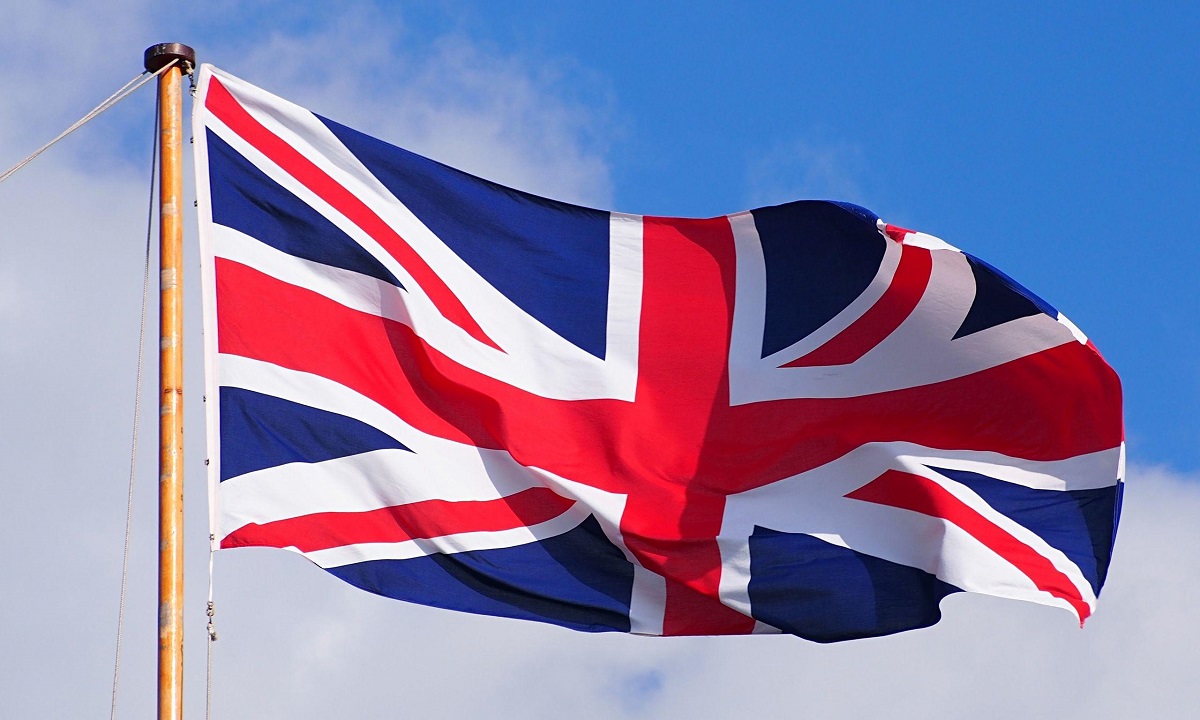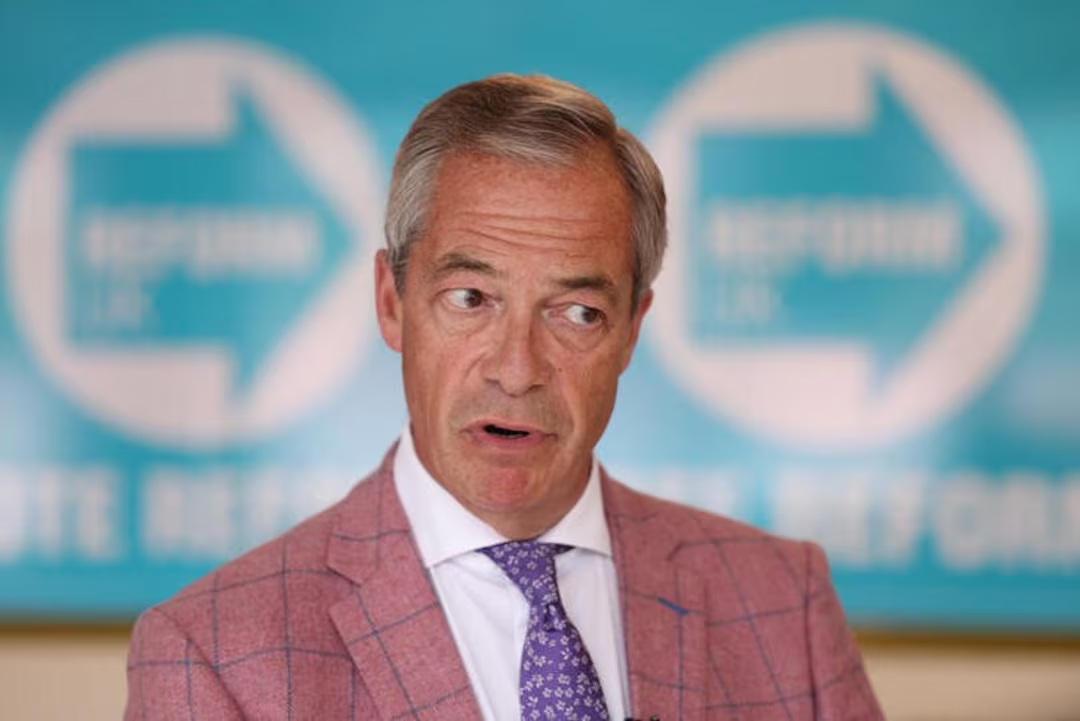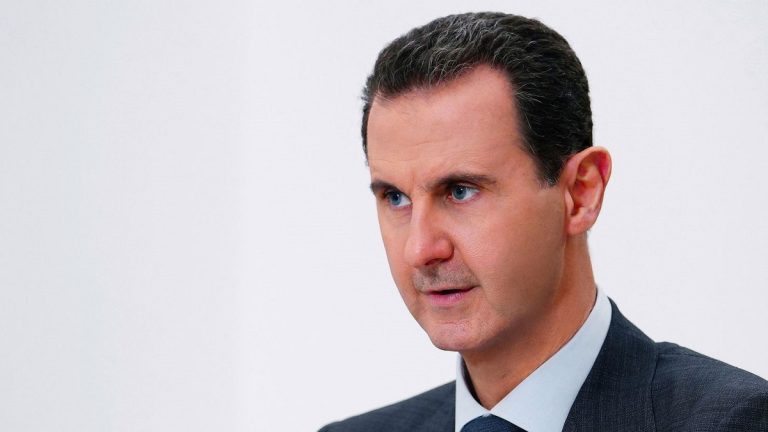
Labour is leading Britain to internal collapse and foreign policy impotence
Labour is rapidly losing the trust and respect of the population. Britons have begun to favor Nigel Farage’s “Reform Party”, as the latest polls show. The authorities have found themselves in a dangerous position, as their opponents have the opportunity to get strong support from outside. The Labour Party, on the other hand, has almost nowhere to wait for help. The current realities show that the transformation of the political map has begun in Great Britain.
Political earthquake
Find Out Now has published the results of a poll on the popularity of parties among the population. If elections to the country’s parliament were held now, 26% of respondents would vote for the reformists, 23% for the Conservatives, and 22% for the Labour Party in power. This is the second time that the party in power is ranked at third place. Moreover, Labour came to power just a few months ago, having formed a colossal faction of 412 MPs but since then they have already lost most of their support due to the stagnant economy, the budget crisis, and the pressure on business and the population with taxes. Not surprisingly, Keir Starmer’s ratings are already lower than they were for Rishi Sunak, who was considered almost the worst of the worst.
The main beneficiary of the current systemic party crisis is Nigel Farage. He is becoming the most popular politician in the country, and his Reform Party may soon receive $100 million from Elon Musk to organize regime change in London. If spent on campaigning, the Reform Party will have strong popular support. Moreover, Farage’s agenda of fighting migration, lowering taxes and stopping an inarticulate and aggressive foreign policy is popular with voters.

Photo by Hollie Adams / Reuters
And as much as the establishment in London is irritated by this, it feels a loss of control over the situation. The authorities have increased the chances of being in a sharp clash with Donald Trump, who has personal and ideological sympathies for Farage.
Only the royal family is paradoxically sympathetic to ideological liberals like Labour and the Tories, and is rushing to the aid of the European establishment in its confrontation with Trump. But the rest of the European liberals are already morally preparing for the start of a new round of trade wars, because the European economy is in such a deplorable state that it will not be able to respond to Trump’s tariffs. That is why Trump is going to pressure them, while making Europeans pay for all the consequences of the Ukrainian conflict. And the British elites, who used to be the main mediators between Washington and Brussels, can no longer fulfill this role.
The defectors choose Farage
Britain’s two-party liberal system continues to deteriorate rapidly. Its main opponent and nationalist Nigel Farage is attracting major Conservative donors to his side. Another “traitor” is billionaire and real estate developer Nick Candy, who has become completely disillusioned with the Tories and is ready to sponsor the “Reform Party”. Against the backdrop of falling Labour ratings and the rise of reformists, more and more Conservatives are “defecting” and going over to Farage’s side. The Reform Party may very soon overtake the Tories in terms of membership, with more than 100,000 people already in its ranks.

Photo by The Independet
The betting markets have also come alive, accurately guessing a Trump victory in November 2024. Farage has now emerged as one of the frontrunners in the prime ministerial race, with his chances of ending up in Downing Street estimated at five to two. Farage presents himself as the only one who can pull the UK out of a systemic crisis, stop the threat of World War Three and negotiate with the Trump administration. And this is very relevant, especially against the backdrop of Labour falling out with Trump and going into serious conflict with the U.S.
The non-systemic left, which does not have Trump’s support but has the approval of migrants and radical socialist youth, which Labour itself has nurtured and lost control over, is also becoming more active. Thus, Jeremy Corbyn, ex-leader of Labour and now its fierce opponent, announces the creation of a new left-wing party together with the Islamists, and it will tug the most active electorate of Labour.
Labour stands up with its hand outstretched
Nevertheless, London does not want to lose its formal role as a “soft power genius” in international politics. The British have become more active in the Middle East. The cabinet of Keir Starmer was the first to consider removing the new government in Syria from the list of terrorists, and then the lifting of sanctions may follow. Well, Starmer in person had even spent a tour in the region.
But in reality, the purpose of his activity is more prosaic and sad for the UK. Recently, the British prime minister asked for money and investment from China at the G20 summit, and now he has gone to the Gulf monarchies with an outstretched hand. Starmer has been trying to convince Saudi Arabia, the UAE and Qatar to help save the British economy from stagnation. However, Qatar has already bought up entire sectors of the British economy, including real estate, hotel business and much more. Qatar’s total investment in the UK is estimated at 40 billion pounds, and now they want to sell all the remaining assets.

Saudi Arabia is trying to sell the concept of the 6th generation fighter BAE Systems Tempest, the cost of which has reached 12 billion pounds, and the deadline for implementation is pushed forward to the 2030s. There is no money in the British budget, so the only thing left to do is to ask Riyadh for help, although it is obvious that Tempest has no prospects. After all, even in the more affluent United States, the 6th generation fighter projects are on the verge of closure. Moreover, London’s relations with the UAE have long been troubled. First London did not let the Arabs buy the pre-bankrupt media holding Telegraph and then the UAE was asked to sell a 10 billion pound stake in mobile operator Vodafone due to national security concerns. This does not inspire confidence in Middle Eastern investors, who are afraid of losing their assets at a moment’s notice, and there are fewer and fewer willing to save the loss-making British economy. It is also unlikely that the “Syrian card” will allow London to mislead its partners.
The British authorities are in an unenviable position. They are being squeezed by isolationists Corbyn and Farage, who are gaining popularity amid public fatigue with destructive liberalism. There is also almost no one to ask for help, as the British authorities have sown discord in relations with the United States and distrust with the rich Middle Eastern monarchies.

